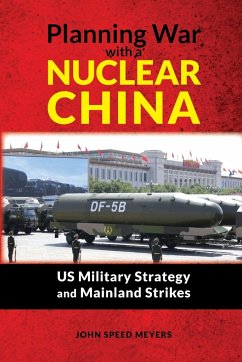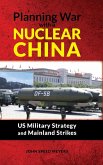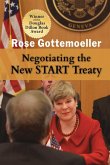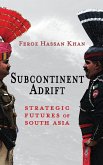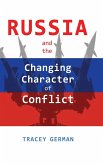*This book is in the Rapid Communications in Conflict and Security (RCCS) Series (General Editor: Thomas G. Mahnken; Founding Editor: Geoffrey R.H. Burn) Beginning in 2010, a public debate emerged about the role of so-called mainland strikes in any US military strategy toward China. Mainland strikes refer to wartime attacks on military targets located on the Chinese mainland with non-nuclear ("conventional") weapons. This debate arose as American military strategists began to confront the implications of growing Chinese military power. Potential strategies were often defined, at least partially, by their relationship to and views toward mainland strikes. Some strategies assumed that an American president, and their advisers, would be willing to authorize or recommend mainland strikes in a future war with China. This course of action emphasized the procurement of a military force optimized to carry out these mainland strikes. Other strategies assumed an extreme unwillingness to recommend mainland strikes. These strategies called for building and training a military force capable of operational tasks other than mainland strikes. This book investigates the soundness of these two contradictory assumptions about mainland strikes so that strategists and American military planners can better understand the course of a future US-China war. This is a war that will hopefully never occur due, in part, to sound American military planning that maintains deterrence. Armed with knowledge about the conditions that make mainland strikes more or less likely, both military and civilian decision-makers can create better military strategy toward China.
Hinweis: Dieser Artikel kann nur an eine deutsche Lieferadresse ausgeliefert werden.
Hinweis: Dieser Artikel kann nur an eine deutsche Lieferadresse ausgeliefert werden.

